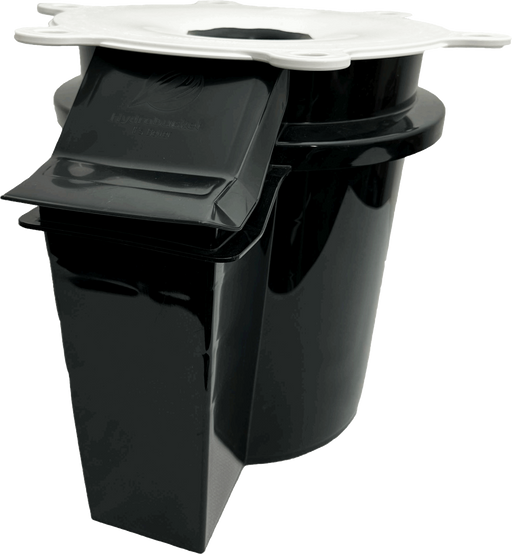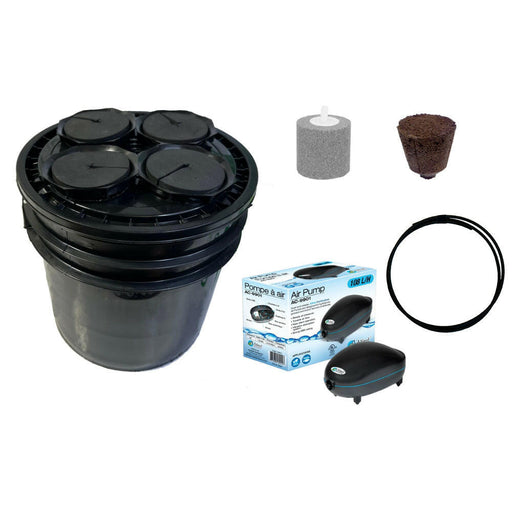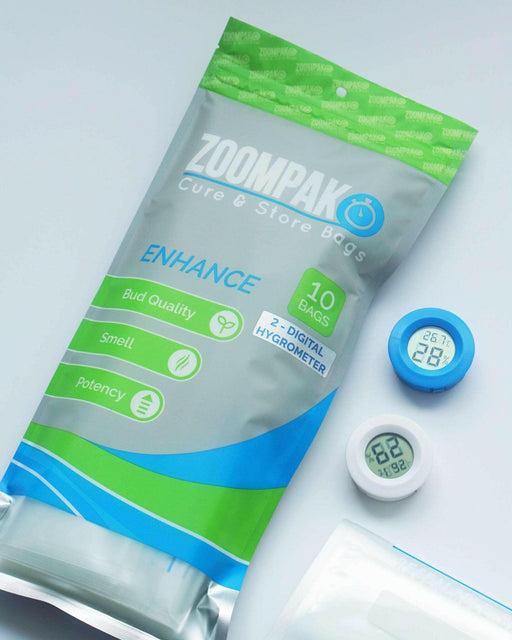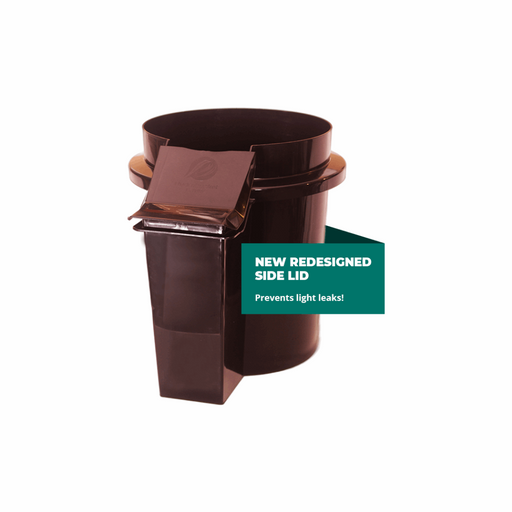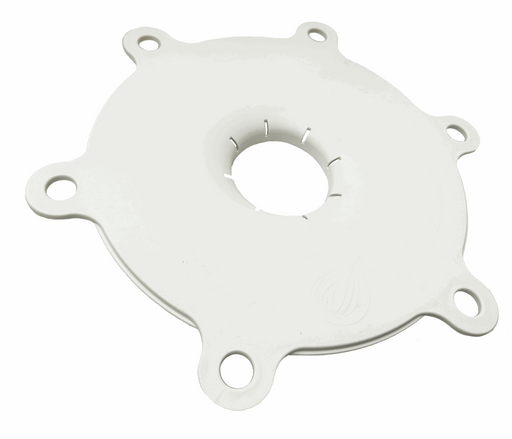
Controlling the parameters of your nutrient solution using an ORP meter
If you run deep water culture (DWC) or other hydroponic systems, an ORP meter can be a game-changer. It’s the tool that lets you measure the sanitizing strength of your nutrient reservoir and make informed decisions about when and how much sanitizer to add. Below I’ll explain what ORP meters measure, why they matter in hydroponics, practical sanitizer options, and simple routines you can adopt to keep roots healthy and yields high.
ORP stands for oxidation-reduction potential. An ORP meter gives a reading in millivolts (mV) that indicates how oxidizing — or sanitizing — a solution is. Higher positive mV values mean stronger oxidizing (sanitizing) power. Industries use ORP meters for pool water, municipal drinking water, food processing, and more because the reading is a fast indicator of whether a solution is sanitary.
Why ORP matters in hydroponics
- Detect contamination early: A drop in ORP over time can indicate something in the reservoir is consuming your sanitizer (organic contamination, microbes, root rot), so you know to investigate before problems spread.
- Balance sanitization and beneficials: With a dialed-in ORP you can maintain a sanitized environment for roots while still using beneficial microbes if desired. Too high an oxidizing environment can harm beneficials; too low invites pathogens.
- Repeatable control: Instead of guessing, ORP gives you a numeric target to keep your system stable.
Practical ORP targets (guideline)
- Aim to keep reservoir ORP roughly between 400–600 mV for sanitized conditions without over-stressing roots. Drinking water and other treated waters often fall in the 500–700 mV range, so 400–600 mV is a practical hydroponic target.
- Monitor daily. If your ORP drops from 500 to 300 mV within a day or two, something in the reservoir is consuming sanitizer and you should address it.
Choosing an ORP meter Not all meters behave the same. Cheaper probes can take a long time to stabilize in a solution (15 minutes or more), which is inconvenient. Many growers recommend reliable meters such as the Milwaukee MW500 for faster, consistent readings. If you plan to actively manage sanitizer dosing, a responsive meter is worth the investment.
Sanitizer options and how to use them
- Hypochlorous acid (HOCl): A stable, effective sanitizer commonly sold for hydroponics. We offer and recommend the sanitizer UC Roots. Because it’s stable, it lasts longer in solution and is easier to dose regularly. I use roughly 10–15 mL per day or every 48 hours, and suggest aiming to keep ORP above 400 mV.

- Calcium hypochlorite (cal-hypo): Often sold as “pool shock.” It’s very inexpensive and effective but comes as a strong oxidizer that needs careful handling and dilution. One tablespoon mixed into water can produce a stock solution you draw from, but you’ll have to dial in doses and monitor ORP closely. Also note cal-hypo adds calcium — you may need to reduce your Ca/Mg supplement if you use it regularly, because excess calcium can cause plant issues.
- Hydrogen peroxide (H2O2): Works quickly but dissipates fast. It’s useful for shock treatments but not as practical for daily maintenance compared to HOCl. Safety note: Always handle oxidizers (cal-hypo, concentrated peroxide) with appropriate PPE and store them safely.
Complementary products
- Enzymes (e.g., Hydrozyme): These help break down dead root material or organic buildup before microbes can colonize it. They can be redundant if you maintain very high sanitization, but they’re a low-risk addition that can keep reservoirs cleaner between maintenance cycles.
- Beneficial microbes: If you want to use beneficials, you’ll need to manage ORP carefully (lower sanitization levels or selective timing) so you don’t kill the microbes you’re trying to establish.
A simple routine to try
- Get a reliable ORP meter and establish baseline readings for your nutrient solution.
- If using a commercial HOCl product, experiment with 10 mL daily or 15 mL every other day while watching ORP. Adjust to keep 400–600 mV.
- If using cal-hypo, create a diluted stock, dose conservatively, and monitor both ORP and plant response. Reduce supplemental Ca/Mg if you see calcium excess symptoms.
- Add enzymes periodically to help consume dead root matter.
- Log ORP and dose amounts so you can refine what works for your system.
Cautions and final thoughts
- ORP is an indicator, not a cure-all. It tells you how oxidizing a solution is, but you still need to check pH, EC/ppm, and plant health.
- Over-sanitizing can stress roots and reduce beneficial interactions. Under-sanitizing invites rot and pathogens. The ORP meter helps you find the balance.
- Investing in a quality meter, high-quality hydroponic nutrients, and a couple of targeted additives typically pays off quickly through healthier plants and better yields.
Key takeaways
- ORP meters measure the sanitizing power of your reservoir in millivolts and are invaluable for proactive hydroponic management.
- Aim for roughly 400–600 mV as a practical sanitized range for DWC systems.
- HOCl (stable) and cal-hypo (cheap but calcium-rich) are both viable sanitizers; monitor ORP and adjust Ca/Mg if using cal-hypo.
- Combine ORP monitoring with enzymes and quality nutrients for cleaner reservoirs and healthier roots.
Want help applying this to your system? Tell me your setup (reservoir size, crop, current sanitizer) and I’ll suggest a dosing routine and monitoring checklist you can try. You can contact me at mitchell@visionaryhydro.ca
You can watch the video and many more on our YouTube page.
Happy Growing!
Start Indoor Growing Today!
-
HydroCombo
Visionary HydroponicsOriginal price $76.45Original price $76.45 - Original price $76.45Original price $76.45Current price $57.34$57.34 - $57.34Current price $57.34Maximize your hydroponic gardening efficiency with the HydroCombo, an all-in-one solution for your Deep Water Culture needs. This high-quality comb...
View full detailsOriginal price $76.45Original price $76.45 - Original price $76.45Original price $76.45Current price $57.34$57.34 - $57.34Current price $57.34Save 25% -
HydroSeed
Visionary HydroponicsOriginal price $62.98Original price $62.98 - Original price $62.98Original price $62.98Current price $47.23$47.23 - $47.23Current price $47.23Simplify Starting Your Hydroponics Seedlings Introducing the HydroSeed, our all-in-one solution to go from seed to harvest effortlessly, and cultiv...
View full detailsOriginal price $62.98Original price $62.98 - Original price $62.98Original price $62.98Current price $47.23$47.23 - $47.23Current price $47.23Save 25% -
ZoomPak Cure & Store 1/2lb Bags
Visionary HydroponicsOriginal price $39.96Original price $39.96 - Original price $39.96Original price $39.96Current price $29.97$29.97 - $29.97Current price $29.97ZoomPak Cure & Store 1/2lb Bags - 10 Pack The ZoomPak Cure & Store Bags are designed for the discerning horticulturist seeking to pre...
View full detailsOriginal price $39.96Original price $39.96 - Original price $39.96Original price $39.96Current price $29.97$29.97 - $29.97Current price $29.97Save 25% -
HydroBucket
Visionary HydroponicsOriginal price $39.74Original price $39.74 - Original price $39.74Original price $39.74Current price $29.08$29.08 - $29.08Current price $29.08HydroBucket is the answer to your Deep Water Culture hydroponics needs.It streamlines your home growing experience, allowing you to focus on nurtur...
View full detailsOriginal price $39.74Original price $39.74 - Original price $39.74Original price $39.74Current price $29.08$29.08 - $29.08Current price $29.08Save 27% -
HydroLid
Visionary HydroponicsOriginal price $35.95Original price $35.95 - Original price $35.95Original price $35.95Current price $26.96$26.96 - $26.96Current price $26.96Premium Quality Hydroponic Lid for Optimal Fluid Movement and Plant Support The HydroLid is your essential tool for achieving optimal hydroponic gr...
View full detailsOriginal price $35.95Original price $35.95 - Original price $35.95Original price $35.95Current price $26.96$26.96 - $26.96Current price $26.96Save 25%

